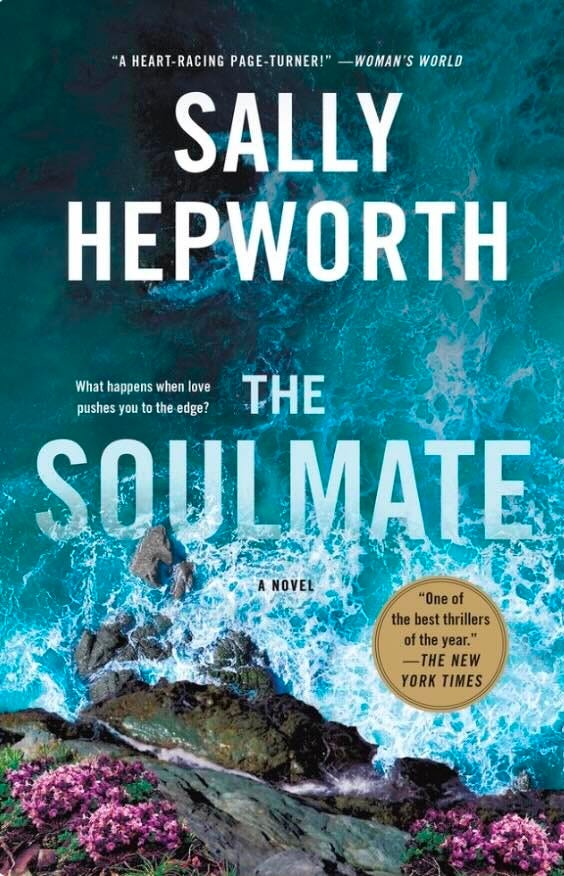In keeping with this tradition of trying new genres, I’ve selected a “thriller” for our March theme read. Why?
I’m curious about what makes a story a “thriller.” How does it differ from mystery or suspense? Wouldn’t these three concepts be interchangeable? What are the elements of a thriller that set it apart from the other categories, then? The excitement?
When I was younger, I loved the Nancy Drew mysteries. I wanted to BE Nancy Drew, with her special skill for discernment and her ability to solve crimes. The stories were compulsively readable and I endeavored to collect the entire series, the yellow hardbound spines lined up on my bookshelf like trophies.
Secretly, I harbored the hope that I could solve the mystery before Nancy, that I could figure out the whodunit ahead of the final pages. This alone made these books thrillers; my hunger to be a heroic problem-solver made me study and examine every clue. I took no literary element for granted; I would not be misled to the wrong conclusion!
I suppose this penchant for mystery stories informed my eventual career path as a corporate fraud examiner. Analyzing transactions and interviewing “suspects” to determine whether a crime had been committed was thrilling (for me).
I want a “light” thriller; something that does not stray too far from my default of realistic fiction. I do not want to leap from the real world to monsters, aliens, apparitions or dungeons. And please, no blood and guts. I’m not that kind of girl.
After reading through recommendations, I’ve selected The Soulmate by Sally Hepworth.
Here’s what I’ll be asking as I read:
In what ways does this novel differ from a traditional mystery? How does the author make it thrilling?
Where did I feel increased suspense as a reader?
Was this novel more plot-driven or character-driven?
What are the points of tension? Do those elements make the story different than a mystery?
Must there be a crime? Justice? Conclusion?
In what ways does this novel follow a traditional narrative structure?
Could this story be told differently? From a different POV or in a different setting? Would it change the outcome?
In what ways does this novel usurp the traditional definitions of a thriller? How did the author convey that?
I’m interested in seeing ways in which the author gets her reader excited (or nervous) about what’s happening on the page. What kind of investment do I make (of my time and my interest) as I read? Perhaps, this novel will reignite my love of mysteries and I’ll discover a grown-up Nancy Drew within its pages!
As always, send me recommendations for thrillers you’ve loved or your suggestions for next month’s theme read.
Happy sleuthing!





